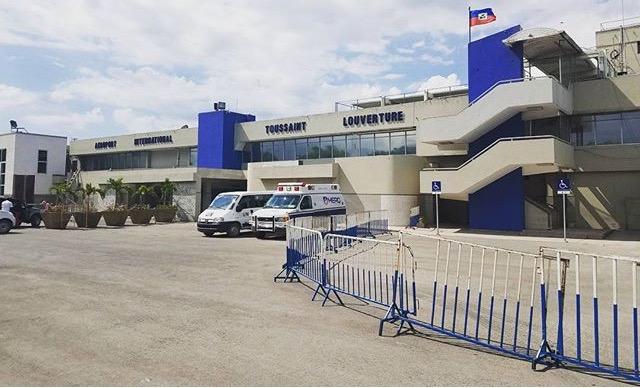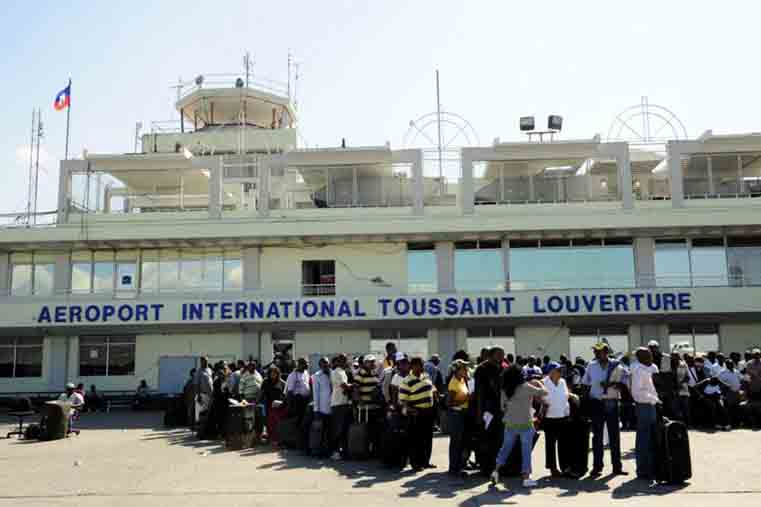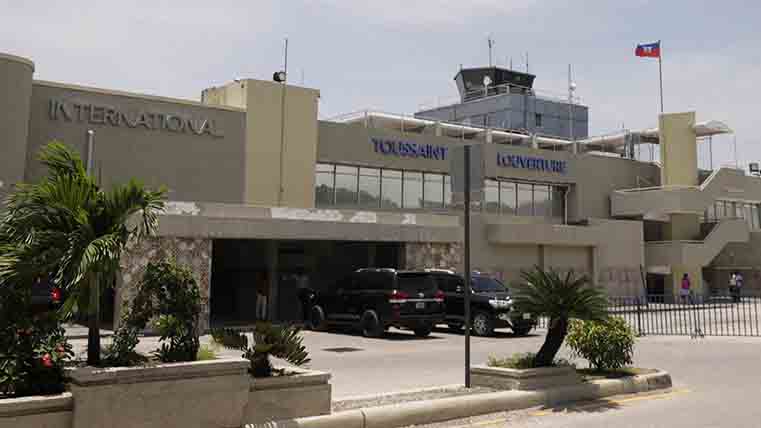The escalation of gang violence in Haiti has profound implications for the nation’s infrastructure and overall security situation, leading to increasingly unpredictable circumstances for both residents and international visitors. Critical supply routes have been compromised due to territorial disputes among gangs, which often set up makeshift barriers and checkpoints. This disruption has resulted in a significant slowdown of goods and services, impacting essentials such as food, medical supplies, and fuel. Furthermore, key infrastructure, including roads and bridges, suffers from neglect and damage as local authorities grapple with the overwhelming influence of gang factions that often prioritize control over the flow of commodities rather than the maintenance of communal assets.
In urban areas, the rise of organized crime groups has destabilized neighborhoods, transforming once-vibrant communities into zones of fear and paralysis. Citizens face daily challenges, such as the inability to move freely, leading to a sense of isolation. Moreover, this pervasive climate of fear severely hampers local businesses, contributing to economic decline and exacerbating poverty. The security forces are significantly overstretched and often ill-equipped, unable to counteract the growing power of gangs, which undermines the rule of law and contributes to a general atmosphere of lawlessness. As these factors intertwine, the international community watches with concern, understanding that a deteriorating security situation not only affects Haiti’s citizens but also poses broader regional risks.
US Embassys Advisory: Travel Risks and Safety Precautions for Americans
In light of escalating gang violence in Haiti, the U.S. Embassy has issued a travel advisory that warns Americans to exercise increased caution when considering travel to the region. The closure of Haiti’s primary airport is a direct response to the heightened security threats posed by armed groups, which have been increasingly active in the capital of Port-au-Prince and surrounding areas. This alarming situation not only limits travel options but also raises concerns about the safety of those currently residing in or visiting the country. The embassy urges citizens to remain vigilant and stay informed about the evolving conditions that may impact their safety.
American citizens are advised to adhere to the following safety precautions when navigating the current landscape of unrest in Haiti:
- Stay informed: Regularly check local news sources and U.S. government alerts related to safety and security.
- Avoid high-risk areas: Steer clear of neighborhoods notorious for gang activity and violence.
- Travel in groups: Whenever possible, travel with others to enhance personal safety.
- Establish communication plans: Maintain regular contact with family and friends to ensure they are aware of your whereabouts.
- Emergency preparedness: Have a plan in place for immediate evacuation if conditions deteriorate unexpectedly.

Urgent Calls for International Support to Address the Crisis in Haiti
The situation in Haiti has reached a critical juncture, prompting urgent pleas for international intervention as the nation grapples with escalating gang violence. Reports from the US Embassy confirm the closure of the main airport, a vital lifeline not only for travel but also for humanitarian aid and support. The rise in violent clashes has made the once-bustling facility a shadow of its former self, leaving many citizens stranded and in desperate need of assistance. Amidst this chaos, the potential for a humanitarian crisis is growing, with food, medical supplies, and essential services dwindling.
International organizations and governments are being called upon to take immediate action, as the need for boots on the ground becomes more pressing. Key actions that could be considered include:
- Emergency Humanitarian Aid: Provision of food, water, and medical supplies to the most affected regions.
- Security Assistance: Deployment of peacekeeping forces to help stabilize the environment.
- Rebuilding Infrastructure: Initiatives aimed at restoring crucial public services and transportation networks.
- Long-Term Development Support: Investments in education, healthcare, and community resilience programs to prevent future crises.
As international entities weigh their options, the voices of the Haitian people grow louder, echoing their urgent need for support and solidarity to navigate this perilous moment in their history.
Exploring Long-term Solutions to Combat Gang Influence and Restore Stability
In the wake of escalating violence and unrest in Haiti, the closure of the international airport underscores the urgency for comprehensive strategies to dismantle gang influence and restore order. The pervasive presence of gangs in the capital, Port-au-Prince, has not only destabilized local communities but has also prompted significant humanitarian crises, pushing citizens to flee their homes in search of safety. It is increasingly clear that short-term responses, such as increased police presence, will not suffice. Instead, a multipronged approach focusing on the underlying socio-economic factors contributing to gang recruitment must be adopted.
Potential long-term solutions could include:
- Community Development Programs: Investing in local education and economic opportunities to provide alternatives to gang affiliation.
- Strengthened Law Enforcement: Training and resources for police forces that prioritize crime prevention over aggressive enforcement.
- Comprehensive Rehabilitation Initiatives: Programs aimed at rehabilitating former gang members to reintegrate them into society.
- International Collaboration: Partnerships with foreign governments and NGOs to promote stability and economic growth.
Addressing the root causes of gang activity requires a sustained commitment from both the Haitian government and global stakeholders. By focusing on creating viable pathways for youth and enhancing civic and economic engagement, Haiti can begin to break the cycle of violence and reclaim its path toward stability.